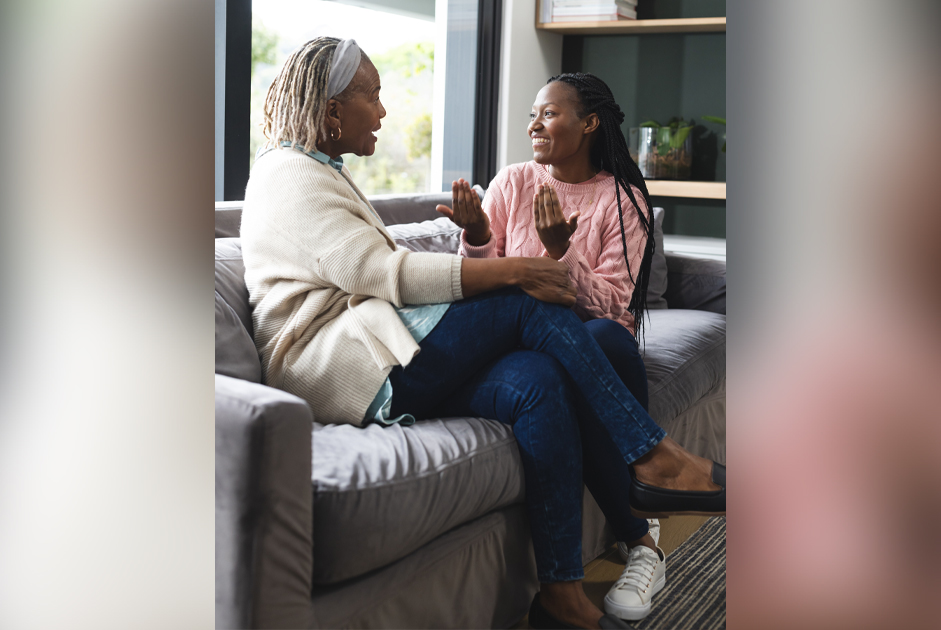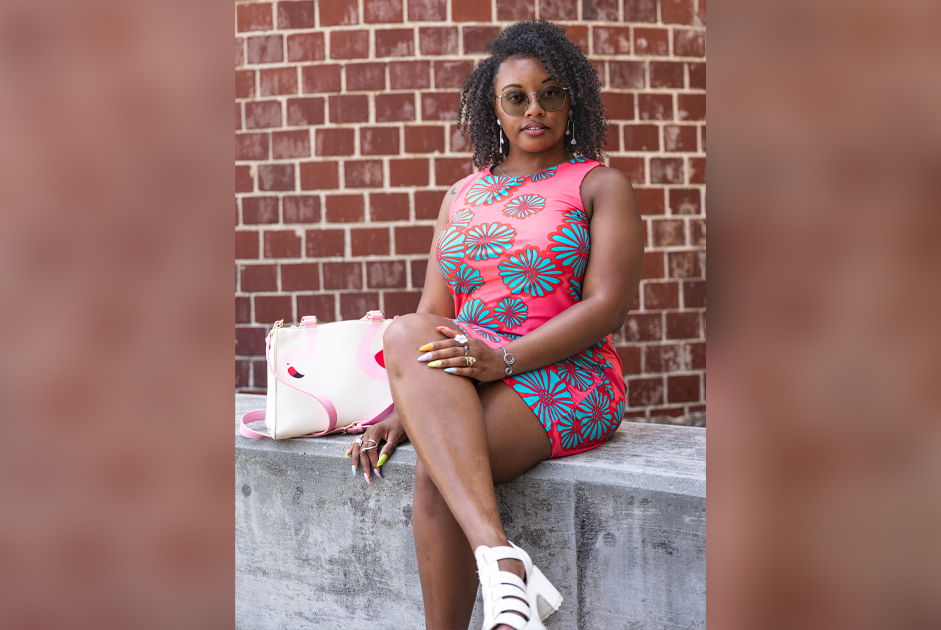Call me a late bloomer, but at 33, I am just now realizing that my parents aren’t omniscient. In fact, I often find myself educating them on certain topics or providing them with insight into patterns or behaviors of which they were otherwise unaware. It had to happen sometime, and while the process of fully individuating from my parents ideally would have happened in college, a decade late is better than never.
I have a sneaking suspicion that there are other readers out there who are well into their late 20s, 30s and 40s and still subconsciously living by their parents’ rules. When you make a mistake, whose voice do you hear in your head scolding you? Before deciding on where to live, which car to buy, which man to date or which job offer to take, do you feel the need to choose the route that would be most pleasing to your parents or yourself? When selecting an outfit for the day, do you hear your mother’s voice warning you about modesty, or is it just me?
Arriving at the conclusion that your parents are flawed humans just like everyone else is terrifying yet freeing. In recent articles, I’ve mentioned how isolation and loneliness are becoming themes for my thirties; however, I think a major contributor to creeping bouts of loneliness is my conscious effort to rely less on my parents for input or emotional support. As it turns out, they don’t really have to know everything that’s going on in my life. I don’t have to run things past them or seek their approval to feel content. It isn’t lying or hiding. I’m an adult.
In fact, I think I thrive with a little distance from the opinions of my parents. I can listen to my own internal voice, take back a few criticisms I’ve internalized since childhood and discover who I really am through my own eyes and the eyes of others – not through the eyes of my parents, who have their own projections, trauma-informed perspectives and misconceptions just like everyone else. Maybe I’m not too emotional; instead, maybe my emotional intelligence and desire to have deep conversations exhausts or triggers people who suppress their feelings or struggle with emotional unavailability. Perhaps I don’t “live in the past” and need to “let things go.” It’s possible that my prolific ability to connect the dots between the past and present helps me predict behaviors and point out problematic patterns that others can’t see, and that makes others uncomfortable who aren’t ready to look inward or change.
It’s not natural for me to suppress the urge to spill my guts to my mom or provide her with details about my personal life, but it’s the healthier route and will only propel me further into emotional maturity and break codependent patterns that hold me back. It’s fascinating that a large majority of adult children naturally, and sometimes out of necessity, step into their own much sooner, while I am on pace to break my codependency at some point before hitting menopause. I shiver thinking about what would have happened if I had gotten married and had children in my mid-20s without having these realizations. Would I have ended up in a messy divorce or projected my insecurities onto my children from not truly knowing myself? Thankfully, my hypothetical husband and children were left unscathed all thanks to my woefully delayed emotional puberty.
Putting an end to the over-reliance on my parents for validation and approval is a start, but the end goal is to no longer look to anyone for those things. Adhering to my beliefs, morals and values should be enough guidance to get me to the next stage in life – with maybe a few purrs from my cat to pick me up when I’m down along the way.



















